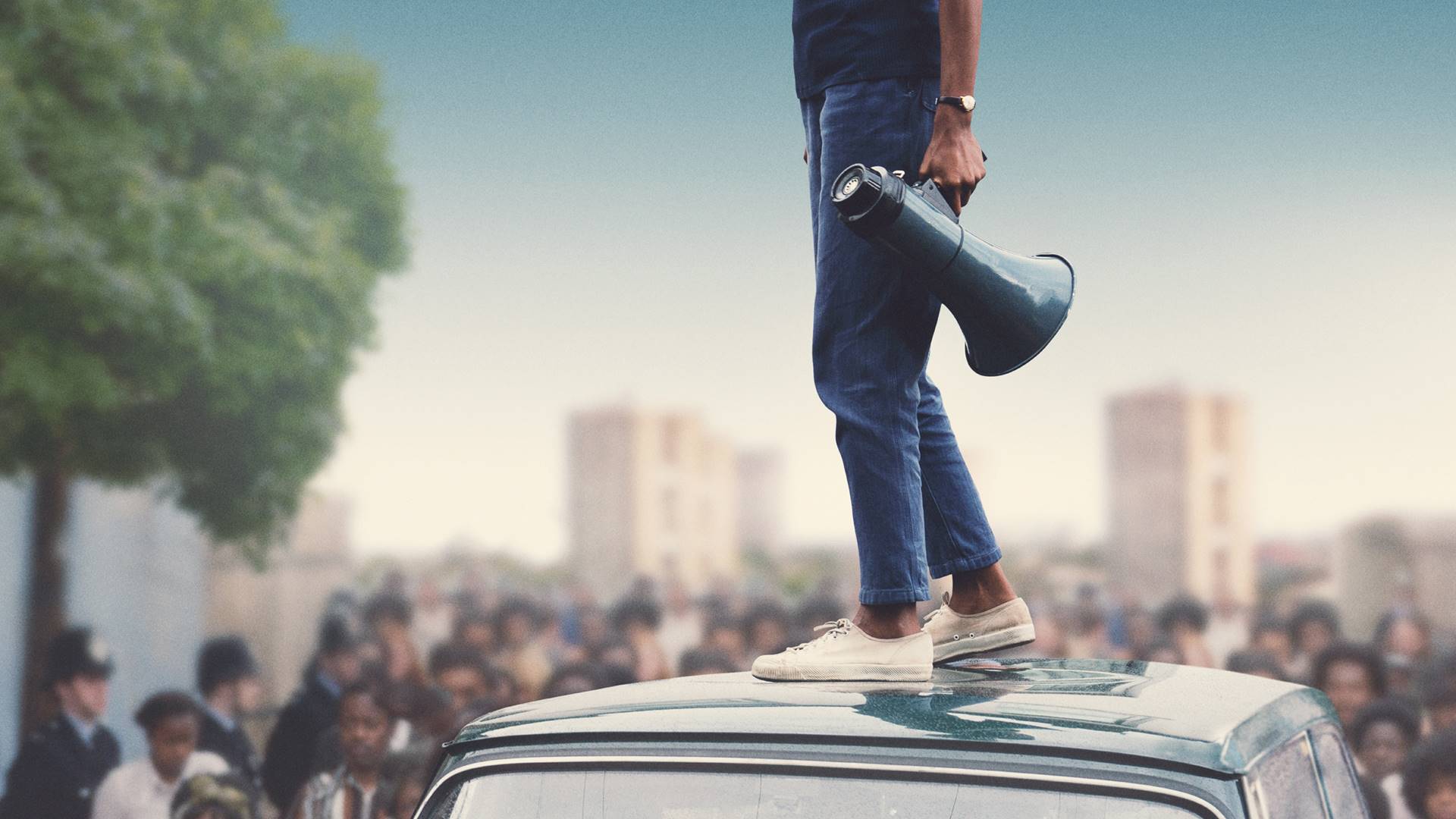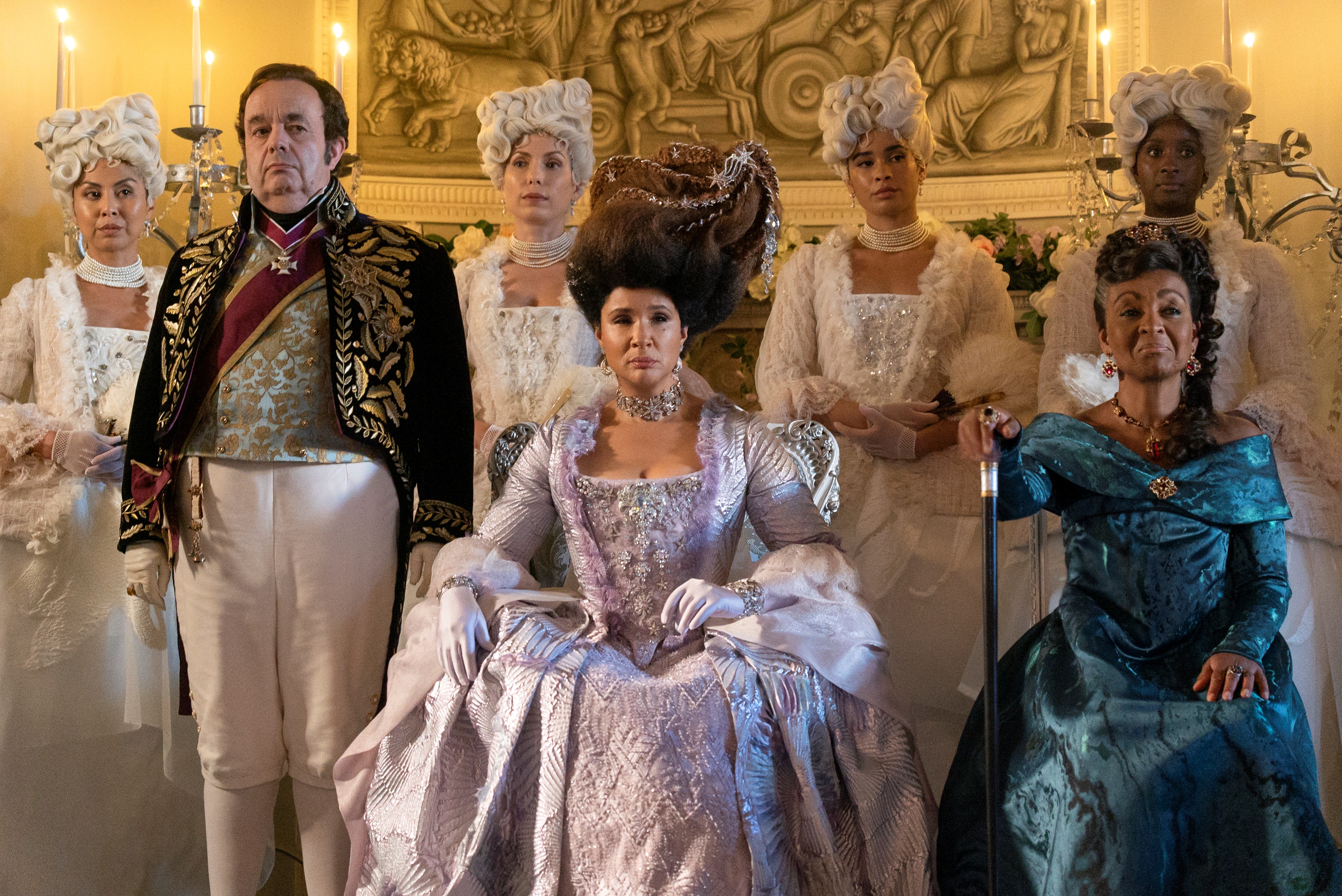
The first time I heard of this larger-than-life, powerful British orator and activist Darcus Howe was in the mid-1980s, through a song by the dub poet Lynton Kwesi Johnson (LKJ) when he rapped:
From what LKJ said in the song, Howe was a person worth knowing about, which is why I googled him afterwards and was intrigued by what the man had done during his life. I made a mental note to get a book on him, which I never did.
Imagine my surprise, then, when I stumbled on a TV series this week called Small Axe that paid tribute to him and many other black British activists who were at the forefront of putting black lives at the centre of British political discourse.
This was in the late 1960s, long before #BlackLivesMatter movement became what it is right now.
London during that time was full of racial tensions between white Brits and black people who’d been uprooted from Jamaica, Trinidad, the Bahamas and the West Indies.
The tensions were also between white people and Pakistanis, Indians and other Asians from former British colonies.
READ: Kathryn Rawson | Paradox of freedom and slavery for Khoisan
Laden with beautifully nostalgic reggae music, Small Axe tells of these tensions among the families and communities forged in this cauldron of racial prejudice and harassment.
The first episode of the series is based on a real-life court case involving a group of community leaders who found themselves on the wrong side of the law after a peaceful protest march they took part in turned violent.
One of these people was Howe. Originally from Trinidad, Howe arrived in England as a teenager in 1961, intending to study law.
In London, he joined the British Black Panthers, a group inspired by the US Black Panther Party.
READ: The complex art of African identities
During the aforementioned protest, which turned violent, Howe was arrested and appeared in a famous court case referred to as the case of the Mangrove Nine.
Howe opted to testify on his behalf and used his oratorial skills to show that the white police had systematically and deliberately targeted the black community to harass.
Howe and his co-accused were acquitted of the serious charges of conspiring to cause civil unrest.
Their case earned them public sympathy. More importantly, it turned the public’s attention to the lives of black people in London, from the harassment to the violence that they had to face daily, either from the police or from white racist groups.
Over the years, Howe grew in stature, became an editor of Race Today and chairperson of the Notting Hill Carnival.
He also excelled as a television broadcaster in the UK for his Black on Black series on Channel 4, his current affairs programme Devil’s Advocate, and his work with Tariq Ali on Bandung File.
The parallels between black people’s lives in both Britain and South Africa in the late 1960s right up to the 1980s are striking.
Although the series is dramatised and fictionalised, it is based on things that really happened; hence the allusion to real historical figures such as James and Howe.
READ: Mondli Makhanya | Do these black lives not matter?
I was pleasantly surprised to see that the series is directed and written by Steve McQueen (not McQueen the American actor from the 1960s and 1970s, but the talented black movie maker who gave us 12 Years a Slave).
You’ll dig the hairstyles and the crazy fashion of that era. Oh, and the Jamaican slang or patois, as they call it. It’s so musical and intoxicating.
If historical, music-driven flicks are your bag, please dig in. It’s on Showmax, ya, mon!
| ||||||||||||||||||||||||||||||
 |




 Publications
Publications
 Partners
Partners











